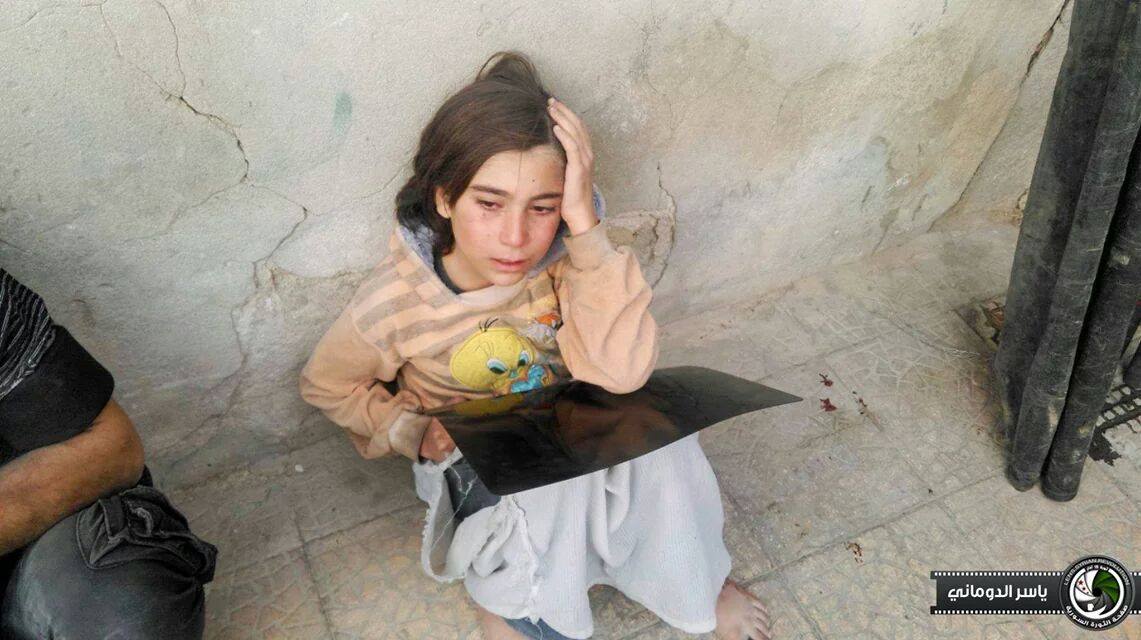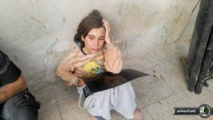Doctor Zaher Sahloul told the diplomats that 10 people had died of kidney failure in the besieged city of Douma because they did not have access to dialysis fluid and 23 others are at risk unless the medical aid is let in.
"The dialysis fluid is blocked. We asked for their help to get it in," Sahloul told AFP after the one-hour meeting.
Russia, an ally of the Assad regime, voted in favour of a resolution last year that demanded access for humanitarian aid and set up deliveries of cross-border aid convoys, without the consent of Damascus.
Sahloul, who heads the Syrian American Medical Society, said the Russian diplomats said they would try to help unblock the aid.
The Russian mission at the United Nations confirmed the meeting, but declined to give details.
Sahloul and doctor Mohamed Tennari, who treated victims of a chlorine bomb attack on a village last month, asked the Russian diplomats to help set up "protected areas" in Syria for hospitals, schools and other civilian areas.
Sahloul said the Russian diplomats were "open to the idea".
The UN Security Council is due next week to hear an update on the humanitarian crisis in Syria.
At a previous meeting last month, UN aid chief Valerie Amos reported that 440,000 Syrians were trapped in besieged areas, more than double the total from the previous month.
The United Nations is struggling to provide aid to more than 12 million Syrians, or half of the population, in need of food aid in the four-year war.
--------------------------------------------------------------------------------------------------------------------
"The dialysis fluid is blocked. We asked for their help to get it in," Sahloul told AFP after the one-hour meeting.
Russia, an ally of the Assad regime, voted in favour of a resolution last year that demanded access for humanitarian aid and set up deliveries of cross-border aid convoys, without the consent of Damascus.
Sahloul, who heads the Syrian American Medical Society, said the Russian diplomats said they would try to help unblock the aid.
The Russian mission at the United Nations confirmed the meeting, but declined to give details.
Sahloul and doctor Mohamed Tennari, who treated victims of a chlorine bomb attack on a village last month, asked the Russian diplomats to help set up "protected areas" in Syria for hospitals, schools and other civilian areas.
Sahloul said the Russian diplomats were "open to the idea".
The UN Security Council is due next week to hear an update on the humanitarian crisis in Syria.
At a previous meeting last month, UN aid chief Valerie Amos reported that 440,000 Syrians were trapped in besieged areas, more than double the total from the previous month.
The United Nations is struggling to provide aid to more than 12 million Syrians, or half of the population, in need of food aid in the four-year war.
--------------------------------------------------------------------------------------------------------------------









 Home
Home Politics
Politics











